We caught up with the brilliant and insightful Sydney Freeman, Jr. a few weeks ago and have shared our conversation below.
Sydney, thanks for taking the time to share your stories with us today Let’s jump to the end – what do you want to be remembered for?
I have been thinking about my legacy since I graduated from college. During my Junior year I had created a student organization named the Progressive Black Caucus (PBC). The focus of this group was to educate and empower Black college students to address challenges impacting the African American community. While successful in hosting the 1st Distinguished Leadership Lecture Series at my college along with converting a former storage space in the Library into a student leadership meeting and study room. The organization didn’t continue after my graduation. Which forced me to think about failure around succession. I tried my hardest to mentor younger leaders to no avail. It was only till recently, when I heard Bishop Carlton Person admonish that “Success without succession is failure…not a successor,” that I better understood how legacy really works. Pearson’s insights in this regard has helped me a lot. Some have the gift of founding and establishing impactful things and leadership. However, they are not necessarily managers and don’t readily identify a successor. At times one might feel like a failure as a leader because their specific initiative or organization doesn’t live beyond them. But passing the baton doesn’t always look like your child taking over your business or ministry. It can also be mentoring and sponsoring those who may not be related or affiliated with you or you will necessarily benefit from. The goal is not necessarily replication of oneself but the furtherance of ideas and the movement. When I think of what do you think people will say about me after I’m gone or what do I hope to be remembered for? I think of the note recently sent to me by a former PBC member, who said: “I realized as I’m typing this, Sydney Freeman Jr., I’ve never said thank you. I really appreciate you and your vision and passion. A junior in college developing programming like that is crazy to imagine. I sincerely respect your hustle then and now and it’s always been a BIG badge of honor for myself and several of my friends when we reflect and say we did big things at [our college] because we were in the Progressive Black Caucus.” Empowering and Inspiring others will be what I hope to be remembered for.
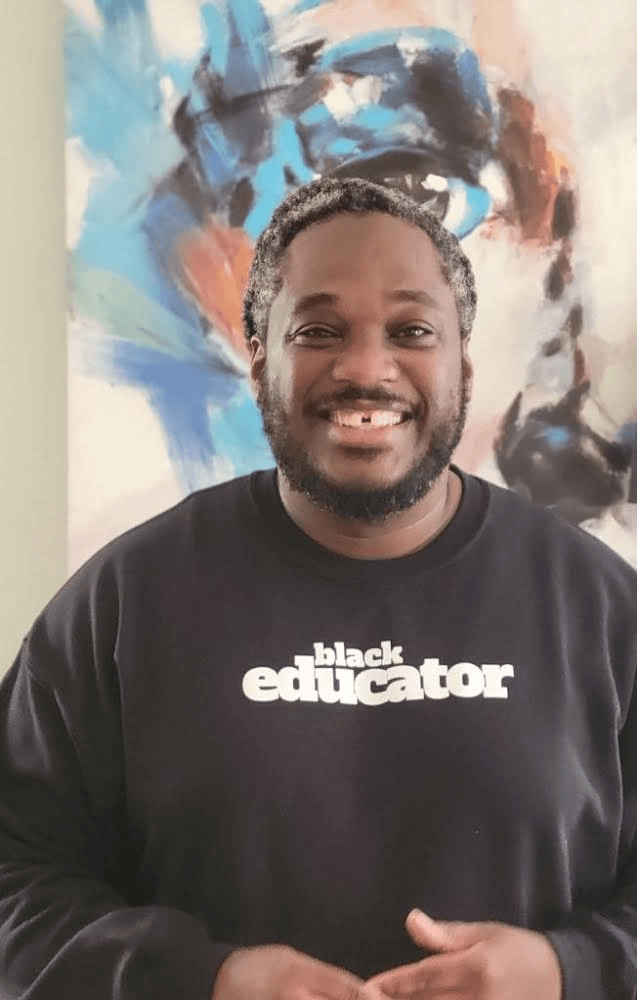
As always, we appreciate you sharing your insights and we’ve got a few more questions for you, but before we get to all of that can you take a minute to introduce yourself and give our readers some of your back background and context?
I am a award-winning professor and nonprofit leader committed to empowerment and advancement of Black people. I consider myself a Social Justice Entrepreneur, an individual who uses their skills, resources, influence, and power to address and solve various social issues such as anti-Black racism. In addition to my primary job as a educator, I run a nonprofit organization, The Liberation Movement, Inc. which creates educational products and initiatives that seeks to liberate and empower the Black community. Some of the educational initiatives we provide include our podcast, Saturday Soul, academic scholarships, and educational grants. I am most proud of our newest initiatives, the “Decolonizing the Black Mind” Pan-African history and empowerment curriculum, the “Communiversity” (a free online life skills course), and funding the establishment of the Dr. Owen Troy, Sr. Social Justice Research Center at Oakwood University. My skills as a social justice entrepreneur are not just applied to my role as a nonprofit leader. In my capacity as a professor I serve as the Founder, Executive Director, and Chief Research Scientist of both the University of Idaho’s (UI) Black Research Institute for Flourishing & Thriving (BRIFT) and Black History Research Lab (BHRL) and co-founder of the Black Studies program at the University of Idaho.
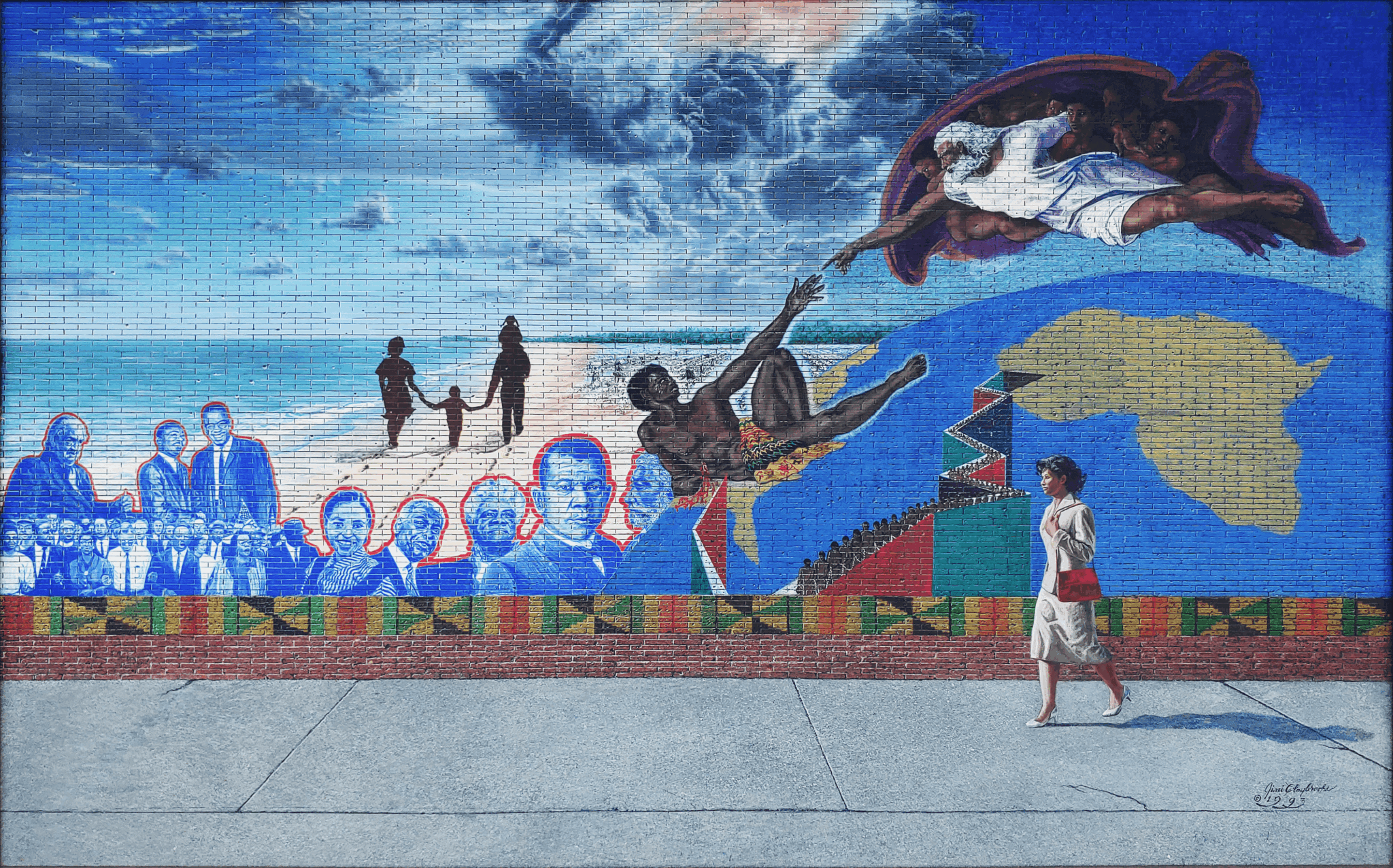
Can you tell us about a time you’ve had to pivot?
My nonprofit, the Liberation Movement, Inc. was born out of necessity during the beginning of the Covid pandemic. Many Black people were trying to reconcile their spiritual/faith commitments with the lack of response from some faith communities addressing issues of anti-Black racism. My business was able to provide an online platform for thought and faith leaders to provide education addressing the challenges impacting the Black community. Initially, while we were locked down I received tons of volunteer and paid support. We were receiving consistent donations and we were about to sell products like t-shirts to fund the organization. However, slowly but surely as we were able to resume normal activities I found myself having to take on the lion’s share of the work. I had to quickly pivot to a more manageable workload so that I didn’t burn out. So, what I did was to focus the work of the nonprofit around my strengths as a instructor creating initiatives that were educational. I also learned to partner with other organizations that shared similar values which taught me how to extend the reach of my organization. And than I hired contract support which helped me with day-to-day functions of the organization so that I could stay in my strength area which is vison and leadership.
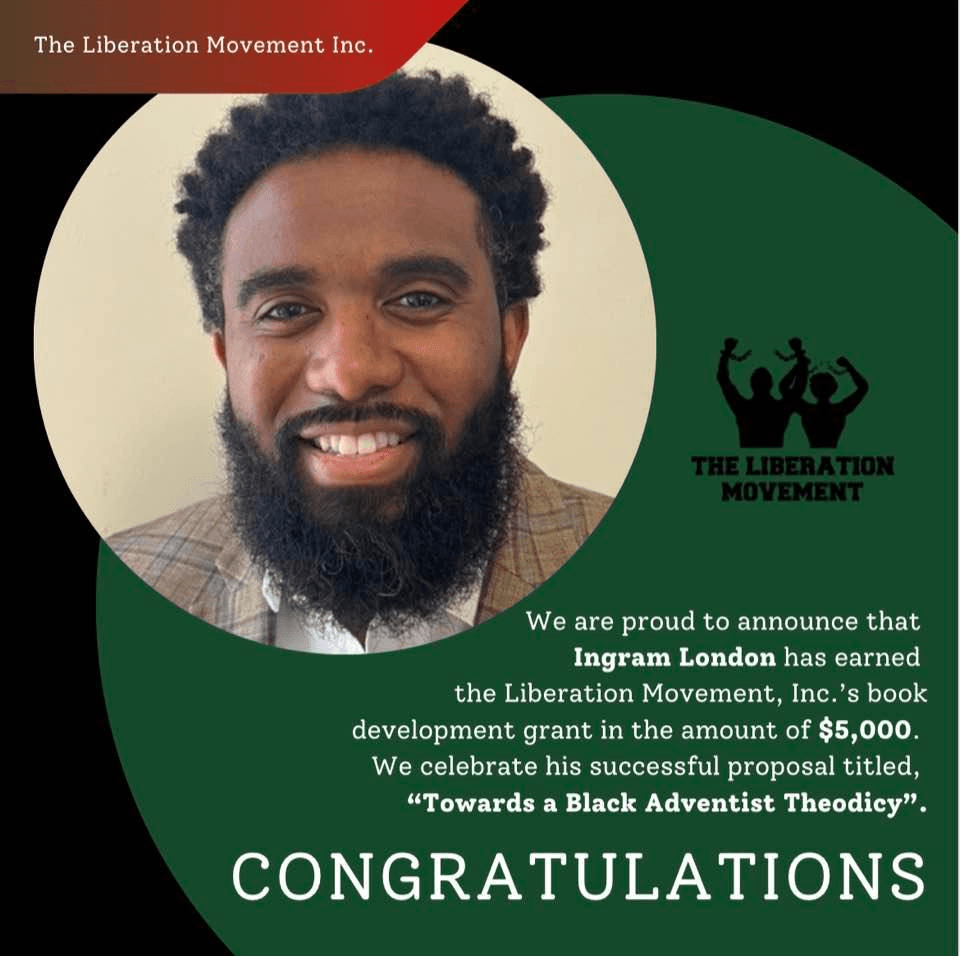
What’s a lesson you had to unlearn and what’s the backstory?
I think one of the most important lessons that I have learned in business is that most people are as loyal as their options. Which often means that you have to make sure that you are meeting the needs and over performing for your “customers” and in my context “community”. One of the gifts and curses of developing the business during the pandemic was that when we started our work initially went viral within the community of our target audience. While we tried to scale up as quickly as possible. We didn’t have the infrastructure that some of our nonprofit colleagues had developed over time. It was frustrating to see some initial community members not engage with our organization once other opportunities presented themselves. But it helped me, my team, and board clarify are mission.
Contact Info:
- Website: https://the-liberation-movement.com
- Instagram: https://www.instagram.com/drsydneyfreemanjr/
- Facebook: https://www.facebook.com/sydneyfreemanjr
- Linkedin: https://www.linkedin.com/in/sydneyfreemanjr/
- Twitter: https://x.com/DoctorSFJ
- Youtube: https://www.youtube.com/@SydneyFreemanJr
- Other: https://www.drsydneyfreemanjr.com/
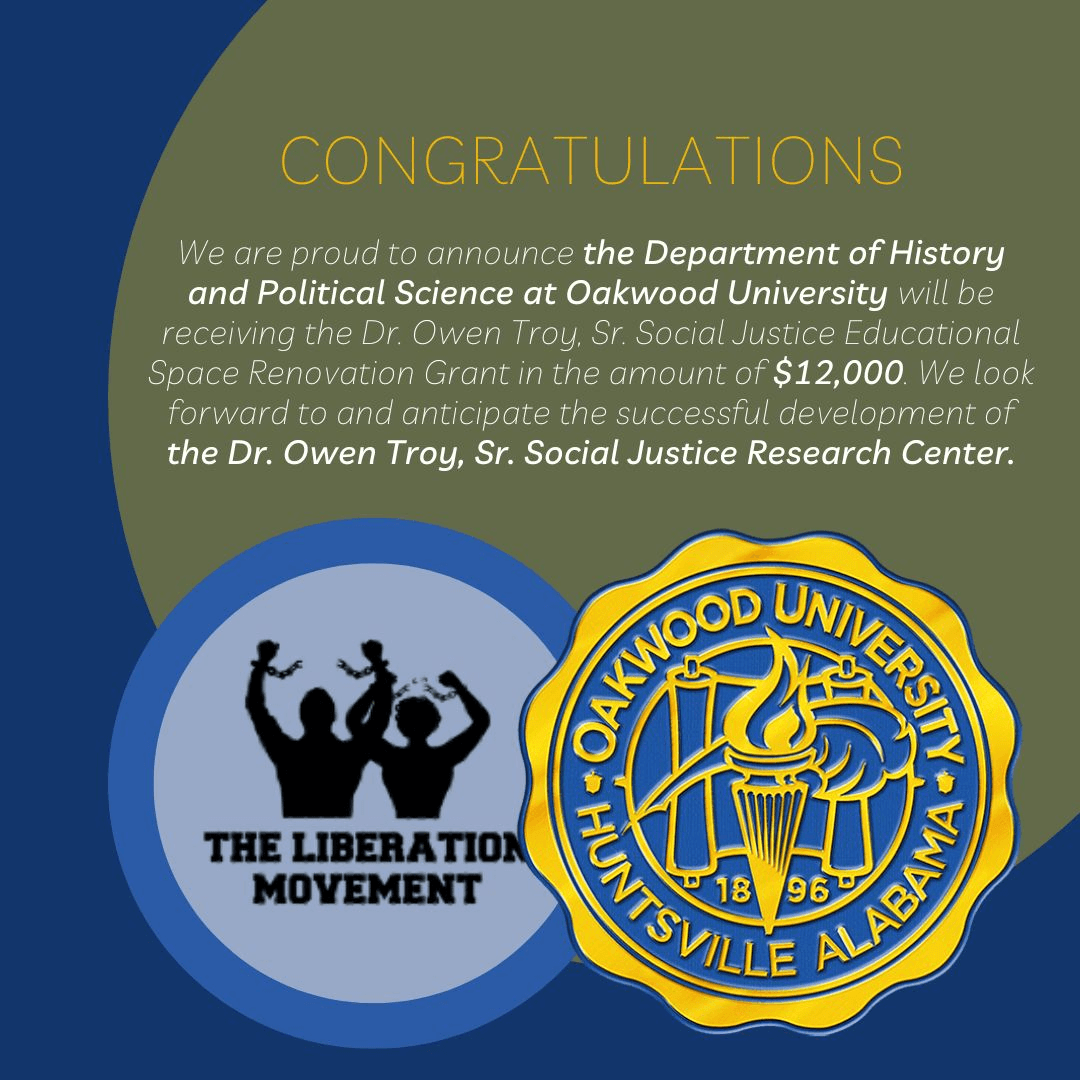
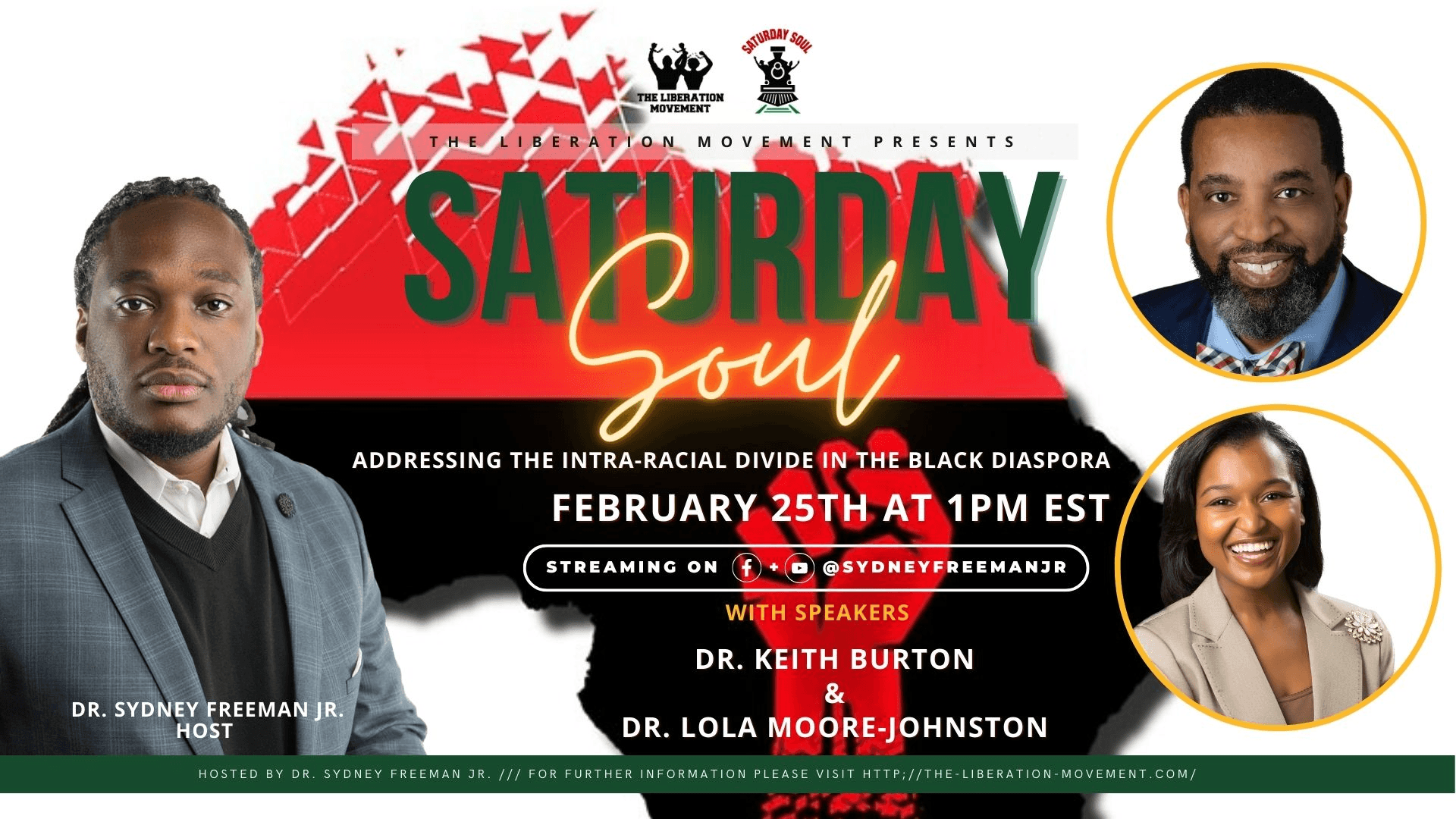
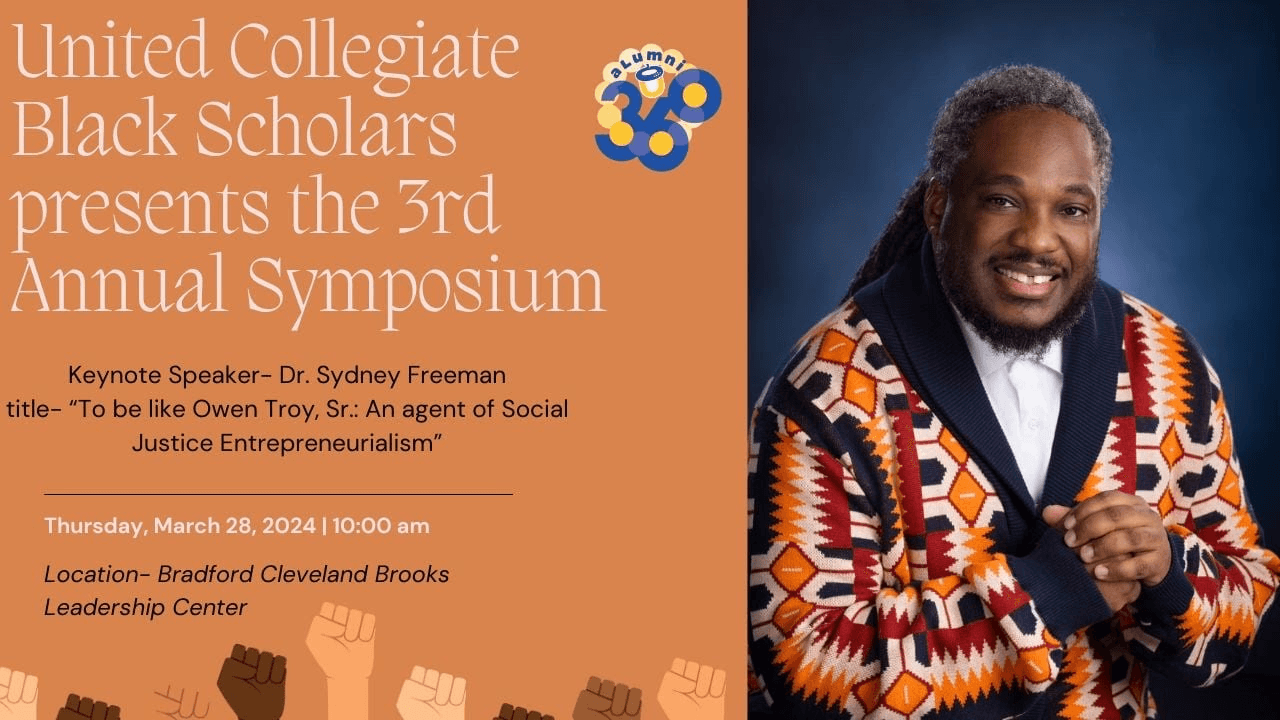
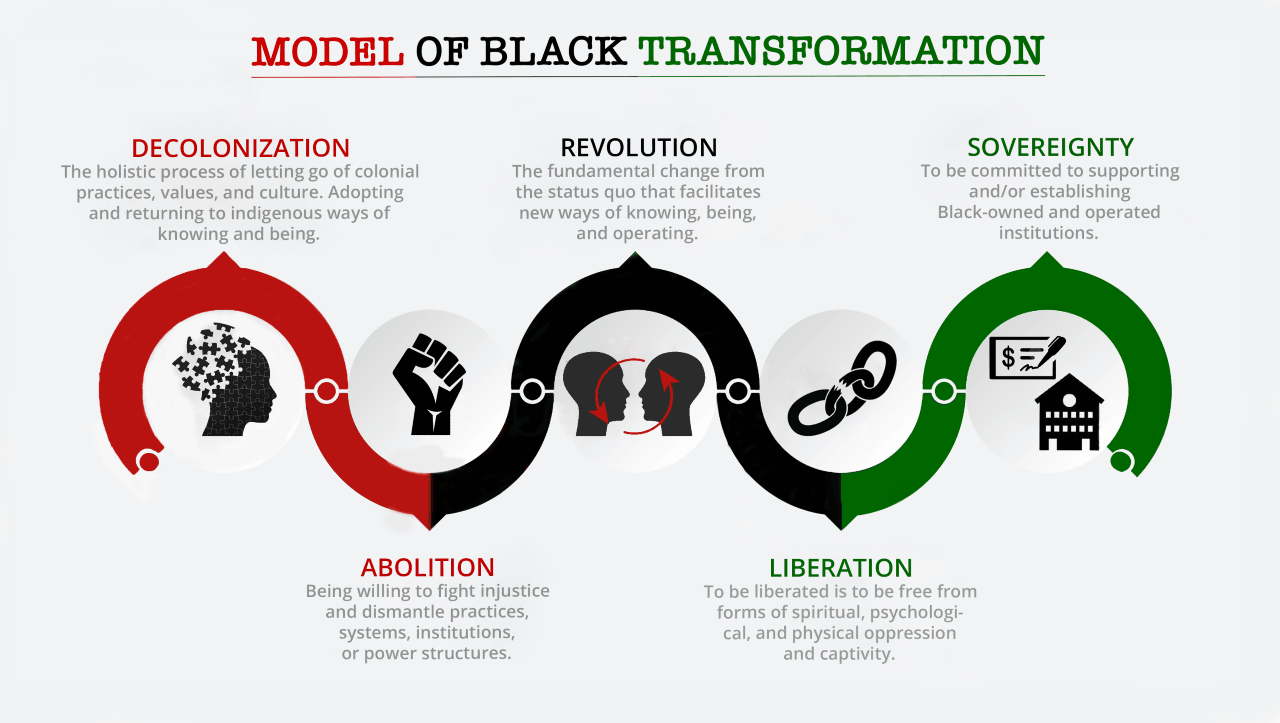
Image Credits
landscape painting picture: Jimi Claybrooks (Cover from the curriculum, “Decolonizing the Black Mind”).


